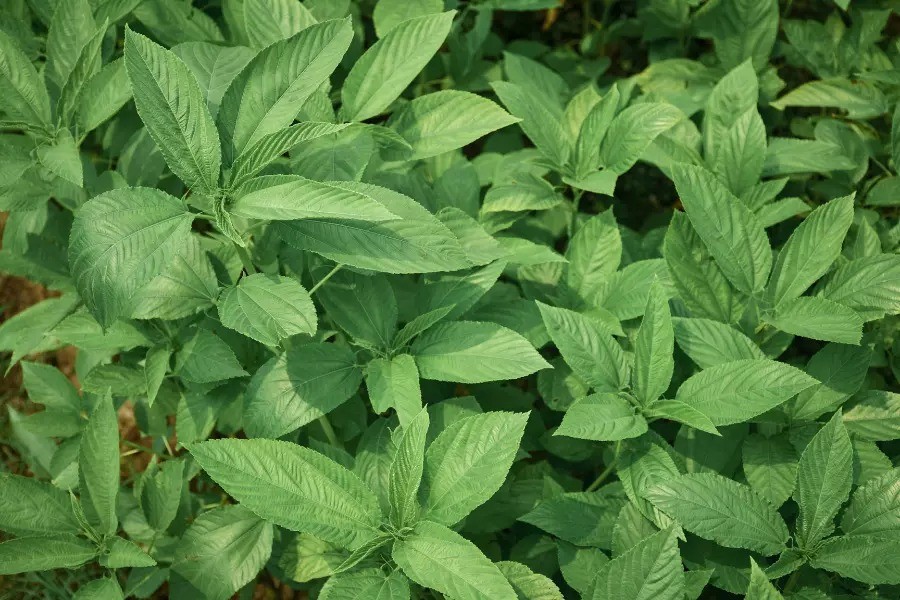The government has started conducting a plant species survey in order to determine and protect endangered plant species as well as conserve the country's forest and environment.
The results of the survey will play a significant role in the country's botanical education and research, sustainable management and use of plant diversity, identification of endangered plant species and their protection, according to the environment ministry on the occupation of world conservation day.
The plant species survey will also help the formulation of national biodiversity conservation strategies and action plans in achieving SDG goals.
Bangladesh National Herbarium, an organisation of the environment ministry, is conducting the survey, said Environment, Forest and Climate Change Minister Md. Shahab Uddin.
“All this information may be used in Convention on Biological Diversity (CBD); Convention on International Trade in Endangered Species of Wild Fauna and Flora (CITES); and Ramsar Convention on Wetlands,” the minister mentioned.
The minister came up with the information at an event joining virtually as the chief guest in the inaugural workshop of the plant species survey project of Barishal and Sylhet division held at Bangladesh National Herbarium in Dhaka on Thursday.
Secretary of the Ministry of Environment, Forest and Climate Change Dr Farhina Ahmed presided over the workshop.
Ministry's Additional Secretary (Development) Md Mizanul Hoque Chowdhury, Additional Secretary and Director (Additional Charge) of National Herbarium Sanjay Kumar Bhowmik, Chief Conservator of Forests of Forest Department Md Amir Hossain Chowdhury and the project director of SVFBS project Dr Sardar Nasir Uddin were present in the workshop.
Professors from various universities of the country, researchers from research institutes, and officials of various departments and organisations of the Ministry were present at the event.
He said Barisal is an ever-changing and ever-decreasing division in terms of plant diversity. On the other hand, Sylhet Division has a favourable environment for the creation of an abundance of plant diversity.
About 70 thousand plant samples will be collected and two books containing information will be published, and all information will be prepared and published on the website as an e-database.
The government under the Sustainable Forestry and Livelihood (SUFAL) project is implementing the red list of plant species and developing a strategy paper for the control of invasive alien plants in five selected protected areas, according to the minister.


